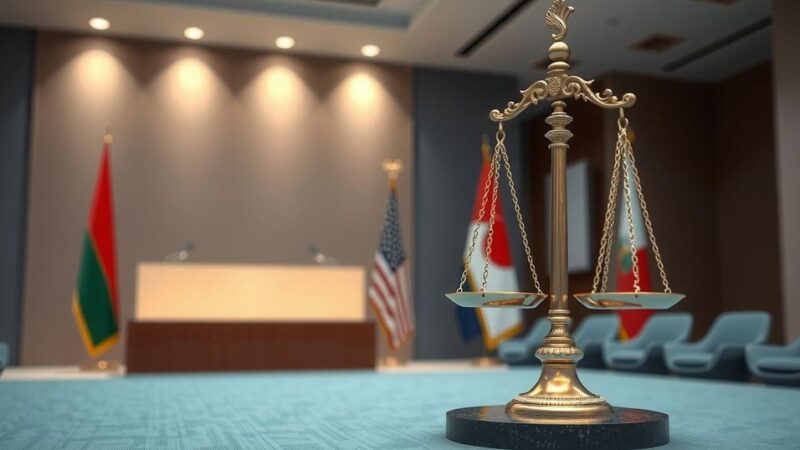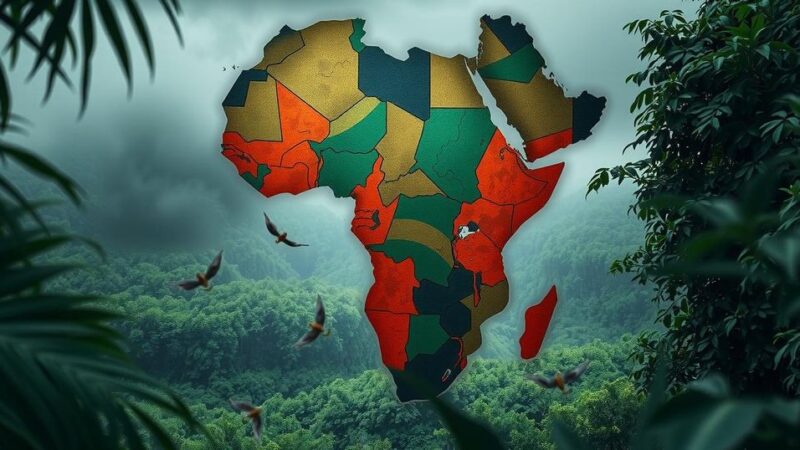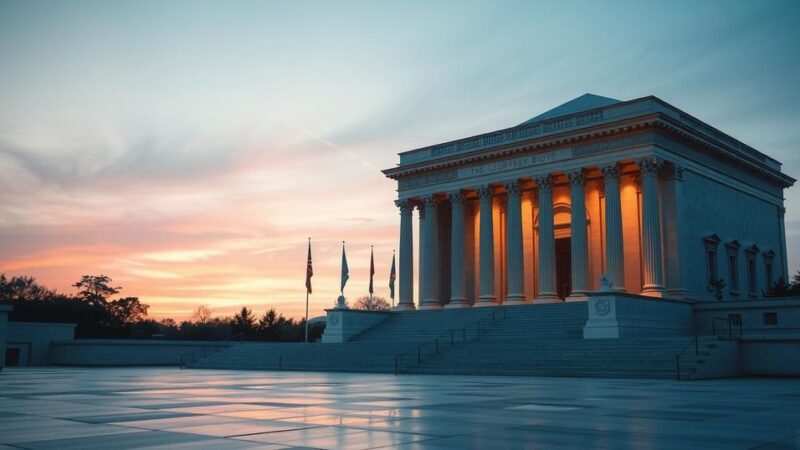On February 9, 2025, Maryam Rajavi led a rally in Paris marking the 46th anniversary of the Anti-Monarchic Revolution, calling for a new uprising against the Iranian regime. Despite government suppression, protests are ongoing across Iran, among increasing discontent over economic hardships particularly affecting women and children. Supreme Leader Khamenei rejected U.S. negotiations, insisting that internal factors are the main cause of Iran’s problems.
On February 9, 2025, a grand rally took place in Paris commemorating the 46th anniversary of the Anti-Monarchic Revolution. Maryam Rajavi, the leader of the People’s Mujahedin of Iran (MEK), emphasized the resilience of the Iranian people in the face of oppression, stating, “The generations of the 1979 Revolution endured and multiplied in rebelliousness.” She called for a new revolution to overthrow the current regime, which she described as a dictatorship steeped in human rights violations.
Despite considerable government efforts to suppress dissent, thousands of Iranians gathered in Paris to voice their demand for international support against the Iranian regime. Rajavi urged the global community to collaborate with the Iranian populace instead of appeasing the clerics, asserting that the Iranian people are determined to liberate their nation from tyranny.
In Zahedan, PMOI Resistance Units have intensified their anti-regime actions, rejecting both the previous monarchy and the current theocracy. Their protests underscore a unified call for democracy and freedom, encapsulated in the slogan, “Down with the oppressor, be it the Shah or the mullahs.”
Amid rising unrest, Supreme Leader Ali Khamenei dismissed any prospect of negotiations with the United States, asserting that such talks would not resolve the country’s issues. He attributed economic hardships primarily to domestic shortcomings rather than external negotiations, which he believes are irrational and dishonorable.
Parvin Advaei, a civil rights activist arrested in January 2025, has been transferred to the Sanandaj Correctional Center. This detention follows her troubled history with government authorities, having previously faced imprisonment for her activism.
The economic crisis in Iran has severely impacted female breadwinners, especially mothers dependent on inadequate wages and facing legal vulnerabilities. Labor activist Simin Yaghoubian highlighted the struggle these women face in sustaining their families amidst growing economic pressures.
While Iranian oil exports seemingly reached a peak according to the regime’s oil minister, independent reports indicate otherwise. Critics point out that such claims are likely fabrications designed to maintain public morale amidst increasing sanctions and economic difficulties.
Educational challenges continue to mount in Iran, particularly affecting low-income families. Deputy for Elementary Education Rezvan Hakimzadeh lamented the prevalence of “learning poverty,” exacerbated by structural inequalities in the education system that hinder access and quality for disadvantaged students.
The article covers the ongoing developments within Iran, particularly focusing on a rally held in Paris commemorating the 46th anniversary of the Anti-Monarchic Revolution. It highlights calls for change from Iranian opposition leaders, the challenges faced by civilians under the current regime, and the socioeconomic impacts on various demographics, notably women and disadvantaged students. Furthermore, it addresses the regime’s responses to economic sanctions and its dismissal of external negotiations to address its crises.
In summary, the rally in Paris underscored the growing dissatisfaction among Iranians, both domestically and abroad, with their government. Strong calls for solidarity against the regime were made, stressing the urgency for revolution. Despite the regime’s obstinacy and attempts to downplay economic crises, the Iranian populace remains resolute in their fight for freedom and justice.
Original Source: www.ncr-iran.org






